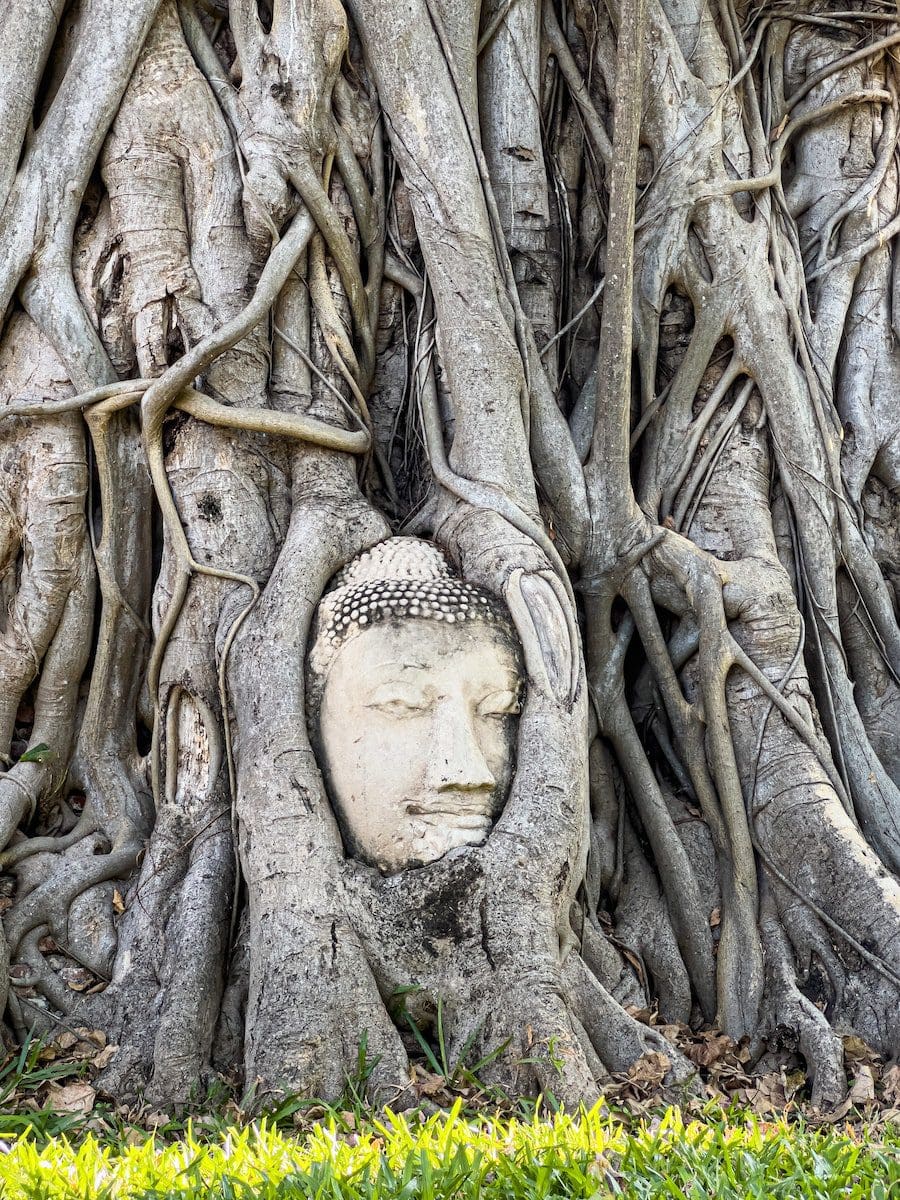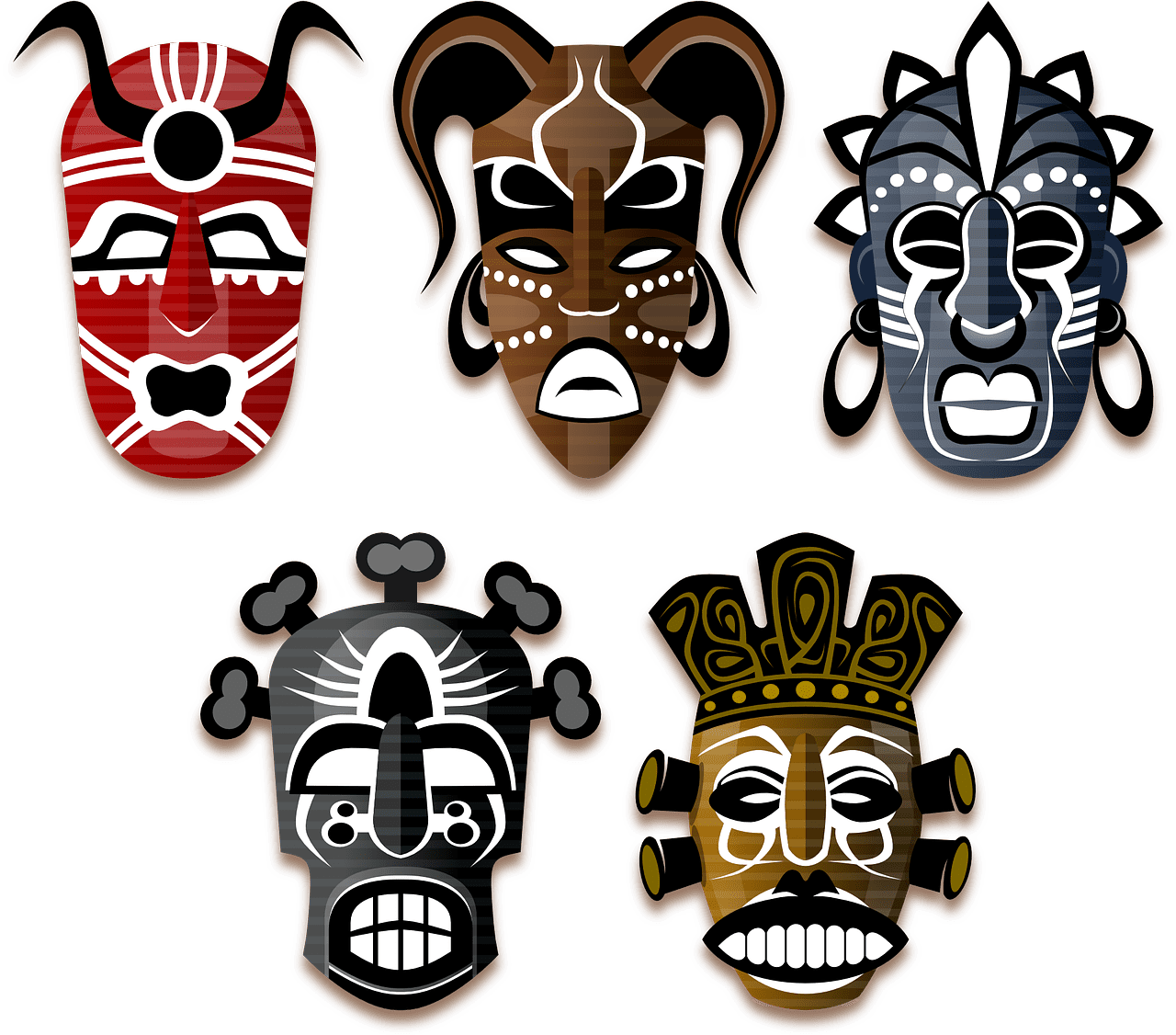Humans are complex creatures of nature with various mysteries in themselves which makes studying this species even more interesting.
This study of the behavioral pattern of human beings, their cultures, beliefs, and the whole race is considered to be Anthropology. The patterns of human behavior are important to explore to know the values and cultures of humans in daily life.
Key Takeaways
- Animism is the belief that all things, including inanimate objects, have a spiritual essence or soul.
- Animatism is the belief that a supernatural power or force exists in the universe but does not inhabit specific objects or beings.
- Animism and animatism are two different ways of understanding the world and the supernatural, but both recognize the existence of a spiritual dimension in the universe.
Animism vs Animatism
Animism is the belief that all things, including inanimate objects, have a soul or spirit, and includes rocks, trees, animals, and even man-made objects like cars or buildings. Animatism is the belief in an impersonal supernatural force or power that is believed to be present in all things.

Animism solely emphasizes the belief in individuality among every spirit present in all kinds of natural objects, be they living or non-living organisms. It strongly focuses on the belief that the presence of spirit in everyone possesses different personality traits depending on the object.
Animatism is considered to be the belief that there is one universal superior power that resides among every other object in the atmosphere. It may not have any personality of its own but is believed to be present everywhere, thus, omnipresent in nature.
Comparison Table
| Parameters of Comparison | Animism | Animatism |
|---|---|---|
| Definition | It is considered to be the belief where spirits or spiritual power is present in every object. | It is considered to be the belief where a universal power is present among everything. |
| Presence | Presence of spirit in each object of nature. | Presence of a universal supernatural power among all. |
| Individuality | It has individuality. | It is universal. |
| Supernatural | It may or may not be supernatural. | It is believed to be supernatural power. |
| Personality | It possesses personality depending on the object. | It lacks a personality of its own. |
What is Animism?
Animism, according to anthropology, is the belief in the presence of spirits in every individual in nature. These spirits tend to reside among every object and possess personality according to the host it resides on.
The belief in animism focuses on the presence of the soul in everything, even if it is an inanimate object.
People tend to believe that these spirits present in everyone may be of various personalities and can also be good or evil as well. This belief in people has made them even worship inanimate objects to gain the sympathy of those spirits that may not even be visible.
People also have strong faith that the spirits have the ability to interact with the individual or human beings in general, which makes their belief even stronger.
People tend to be very careful in doing their necessary jobs so that they don’t offend these spirits in any way and also keep religious rituals and worshiping for these spirits to respect their presence.
The human culture in some places also believes that the soul stays even after the death of the living being, which makes it immensely powerful, and they tend to do offerings to keep them satisfied always.

What is Animatism?
Animatism is considered to be the belief that there is one universal power that is present everywhere, which can also be considered supernatural by some people. This universal power does not have any personality of its own but still is present everywhere.
This universal power is more like a force or strong sense of energy that is believed to be present everywhere and can be attained with practice and determination. It is not particularly considered good or evil but can be misused if used with bad intentions as it is the source of huge power or energy.
This source of energy or universal power is considered to be the storehouse of immense strength and power that this energy can practice. In animatism, every being is considered to be sharing the same force of energy in themselves.
Human beings possessing this power can experience the power of this energy within themselves if they have faith in it. It is the impersonal energy or force of power which presents itself through every other individual and object in nature.

Main Differences Between Animism and Animatism
- Animism refers to the belief that innumerable spirits are present in every being. While in animatism, it is believed that only one source of power is universal among all.
- In animism, the various spirits present in the individuals have their own personalities as well. Whereas in animatism, the universal power does not have its own personality.
- In animism, different spirits are present in different objects and beings. On the other hand, in animatism, a single power is present in everything in nature.
- In animism, there is no common link between the spirits residing in the individuals, but in animatism, the same force is present everywhere.
- In animism, there is individuality among the spirits as they are in variety depending on the being and object, while, in animatism, it is the common source of energy, thus no individuality.

The detailed explanations of animism and animatism are enlightening. It’s intriguing to learn about these varying perspectives and interpretations of the spiritual realm.
Absolutely, the article provides a comprehensive analysis of animism and animatism, shedding light on their cultural significance.
Agreed. The article does a commendable job of presenting the nuances and complexities of these spiritual beliefs.
This article offers an in-depth exploration of animism and animatism, providing valuable insights into human cultures and spirituality.
I couldn’t agree more. It’s fascinating to delve into these intricate belief systems and their impact on human societies.
Great article! I appreciate the comparison table you’ve provided to outline the differences between animism and animatism.
Yes, the comparison table really simplifies the differences and helps in understanding the concepts better.
The discussion about the distinct characteristics of animism and animatism offers valuable insights into the diversity of human thought and beliefs.
Indeed, understanding these belief systems enriches our understanding of human culture and spirituality.
Absolutely. The article provides a comprehensive examination of animism and animatism, emphasizing the significance of spiritual beliefs in human societies.
The article delivers a comprehensive analysis of animism and animatism, offering compelling insights into the cultural significance of these beliefs.
I couldn’t agree more. This exploration of spiritual beliefs enriches our understanding of human cultures across different societies.
Absolutely, the article’s detailed examination of animism and animatism contributes to our understanding of diverse cultural and spiritual traditions.
The distinction between the presence and individuality of spirits in animism and the universal supernatural power in animatism is quite intriguing.
Absolutely, understanding the key differences between animism and animatism sheds light on the diversity of human beliefs and cultures.
The detailed exploration of animism and animatism in this article is thought-provoking and insightful. It offers a valuable perspective on human beliefs and cultures.
Absolutely, this article provides an in-depth analysis of animism and animatism, highlighting the diversity and complexity of human spiritual beliefs.
Indeed, the article serves as an enlightening resource for understanding the intricate spiritual traditions and cultural practices across different societies.
Thank you for the detailed explanation of animism and animatism! It’s interesting to learn about the different beliefs and how they shape human cultures.
I agree, this article provides great insight into these beliefs and their impact on human behavior.
The detailed comparison between animism and animatism is quite enlightening. It’s fascinating to explore the diverse beliefs and practices of different cultures.
I completely agree. This article provides a valuable perspective on the various spiritual beliefs that shape human societies.
I find the concept of animism and animatism quite thought-provoking. The article has presented the subject matter very clearly.